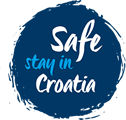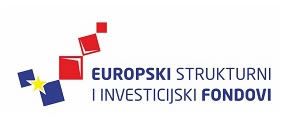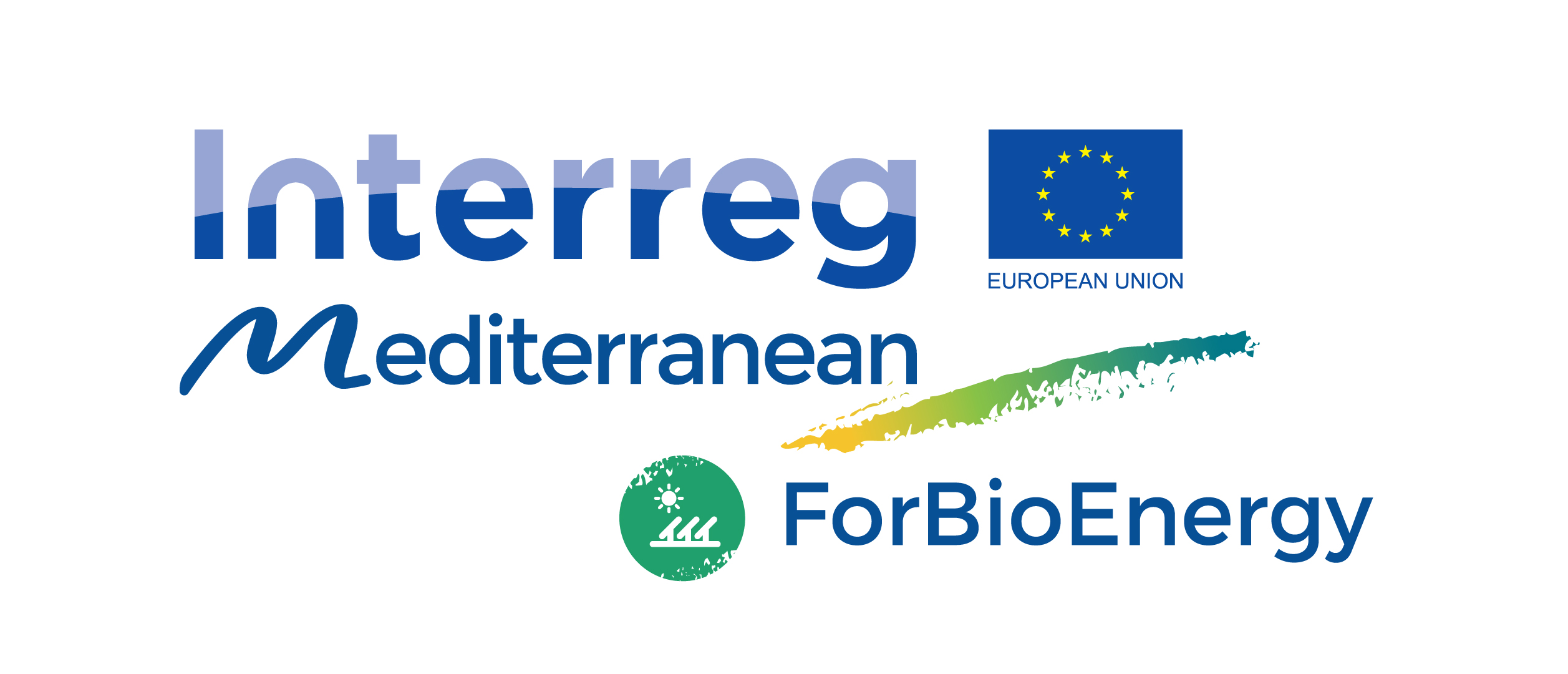FORBIOENERGY UNDERTAKING
Project actions were implemented through a participatory and shared process involving institutions and social and productive organization at a regional and local levels.
The following main project outputs were generated:
- Identification of common key administrative and technical barriers for the production of forest biomass for all participating regions.
- Methodology for the definition of criteria identifying and describing the biomass districts functional to the exploitation of forest biomass in a sub-regional and regional energy planning context
- Realisation of a tool called Design of open source DSS for the assessment of biomass energy potential. This tool can be used by decision-making bodies to assess the impacts of various scenarios and to review cost and benefits of decisions to be made.
- Methodology for risks and benefits assessment of impacts derived from the forest biomass production. The assessment concerns the environmental and the socio-economic components and the ecosystem services.
- Action Plan aimed at the setting up of a new regulatory framework and permit route concerning biomass use in the protected areas. This plan contained recommendations and suggestions for changing the current regulatory and simplifying the permit route for forest-based bioenergy projects, to reduce the time for the necessary permits and improve the coordination between the different involved authorities.
- Realisation of a tool dedicated to Forest Management Plan of the Biomass district in the protected areas according to two scenarios: 1) current context with many barriers, 2) future scenarios without barriers.
- Methodology for the planning and management of sustainable agroforest supply chain in the protected areas. The plan was developed through identification of a low environmental impact work systems for the production of forest biomass, identification of efficient biomass production and extraction systems in agricultural areas inside or close to protected areas, establishment of efficient and sustainable management models of forest-wood-energy supply chains, definition of technical criteria for identifying the most suitable sites for the storage of biomass and the location of processing power plant and through identification of power plants with technical characteristics appropriate to ensure the environmental sustainability of the biomass transformation.
- Strengthening the knowledge and competences of the key actors in energy planning of forest biomass from the protected areas. In each study area a “Technical Panel” of local key actors was established and training courses addressed to policy/decision-makers and technicians were organised. Altogether in 4 countries 24 technical panels and 24 training courses for transferring past and current know how was organized.
Transferring activities have been coordinated with the testing and communication ones to ensure that there is no duplication/gap but rather a synergy effect. The transferring activities realised 24 workshops and 24 trainings with the key actors enabling them with suitable tools to improve biomass exploitation for energy purposes and to make possible sustainable energy models of forests through the development of policy papers and methodologies for planning and optimizing the biomass value chain in the protected areas.
The relationships established in the framework of transferring activities will contribute to spread the know-how and the results gained during the project implementation, not only at a local level but also at a regional and national level, in order to favour high levels of replicability all over the MED Program cooperation area. - Communication has been essential to sensitize society about the importance of implementing an active management and joint actions to unblock the current situation in the forestry sector, particularly in the protected areas of the Mediterranean. The partners used a variety of dissemination tools/activities to reach all audiences. These included production of more than 70 articles in electronic and printed versions, 16 story telling in narrative and video mix, describing project aims, implemented activities, addressed problems, targeted areas, achieved results. Gathered and shared best practices, as well as promoting and disseminating project result by participating in 28 special days, awards, exhibitions, seminars, conferences, fairs. ForBioEnergy organized 4 Local Community events and 4 Final conferences among their partner countries.








